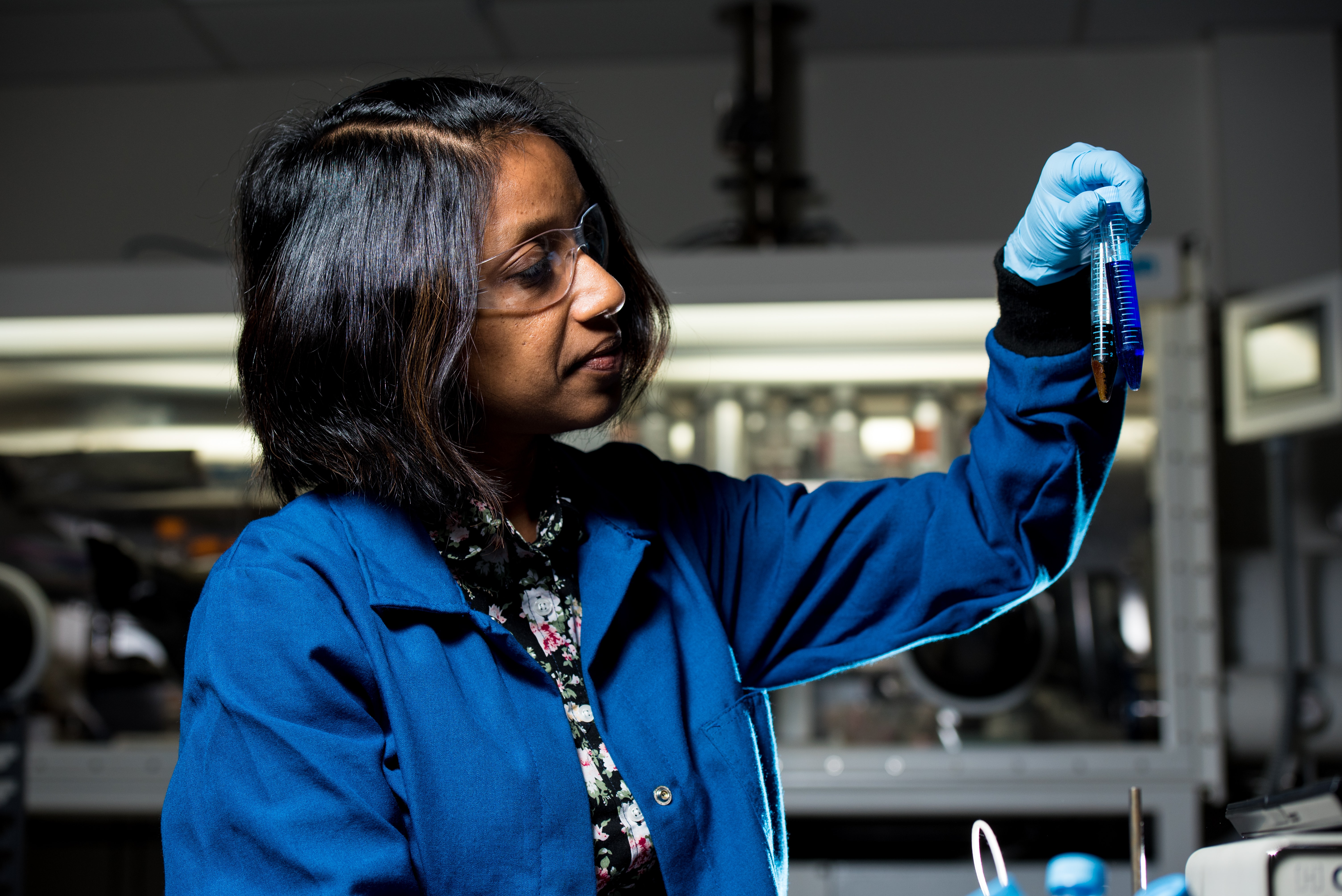News release
From:
A team of 24 international women scientists push for a shift in the value system that defines “impact” and “success”
Discussions of a broken value system are ubiquitous in science, especially after the COVID-19 pandemic served to expose inequality globally. However, according to the authors of an article publishing 15th June 2021 in the open access journal PLOS Biology, science itself is not “broken,” but it was built on deeply-entrenched, systemic sexist and racist values, which perpetuate biases through the continued focus on citation rates and impact factors.
The author maintain that while equity within science has advanced thanks to the tireless efforts of generations of systemically marginalized groups, the system remains outdated, colonialist, and patriarchal. It overemphasizes contributions of males, and downplays the breadth of an individuals’ meaningful scientific impacts outside of scientific literature – especially the contributions of women and other marginalized groups.
To write this article, a group of 24 women from across the world came together to explore long-standing problems associated with narrow definitions of success and impact in science. Co-lead author Dr. Sarah Davies, an Assistant Professor of Biology, says “As scientists, we should let the data speak for themselves – citations and impact metrics have been repeatedly shown to be sexist and racist, yet we still use them. It is high time we shift to a system that appreciates the varied avenues of impact in science and valuing mentorship and advocating for diversity will be key components of this change”.
The paper calls for the global scientific community – especially those in positions of power and privilege – to reject all forms of implicit and systematic biases, especially when they have been thoroughly studied and documented – as is the case with citation and publication biases.
The authors advocate for dismantling the current biased value system by expanding measures of success beyond citations, in order to appreciate the multifaceted nature of scientific impact. Specifically, they call for a paradigm shift to scientific values based on multidimensional mentorship that incorporate diverse measures of success and impact and promote mentee wellbeing.
Dr. Sangeeta Mangubhai, a Fijian scientist with the Wildlife Conservation Society explains: “We propose building a new academic model that values the recruitment and retention of diverse scientists through fostering safe and healthy work environments. This new model calls for the rebuilding of the outdated value system to advance science through principles of justice, equity, diversity, and inclusion.”
These authors join the call to action of all members of the scientific community – particularly those in positions of power – to re-evaluate how we define impact, and invest resources to accelerate change toward a more equitable, inclusive, and just system.



 Australia; International; NSW
Australia; International; NSW



